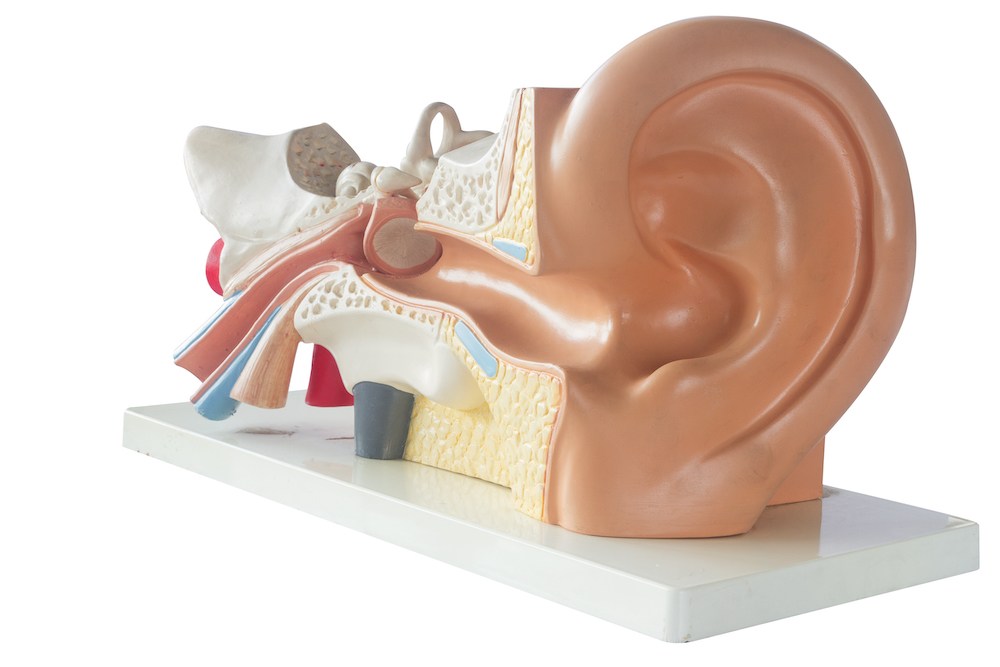How Audiologists Stay Current with Industry Changes
The field of audiology is changing rapidly as new technologies reshape how


The field of audiology is changing rapidly as new technologies reshape how

Technology continues to evolve, and its impact on hearing care is no

Taking the first step to check your hearing often comes after noticing